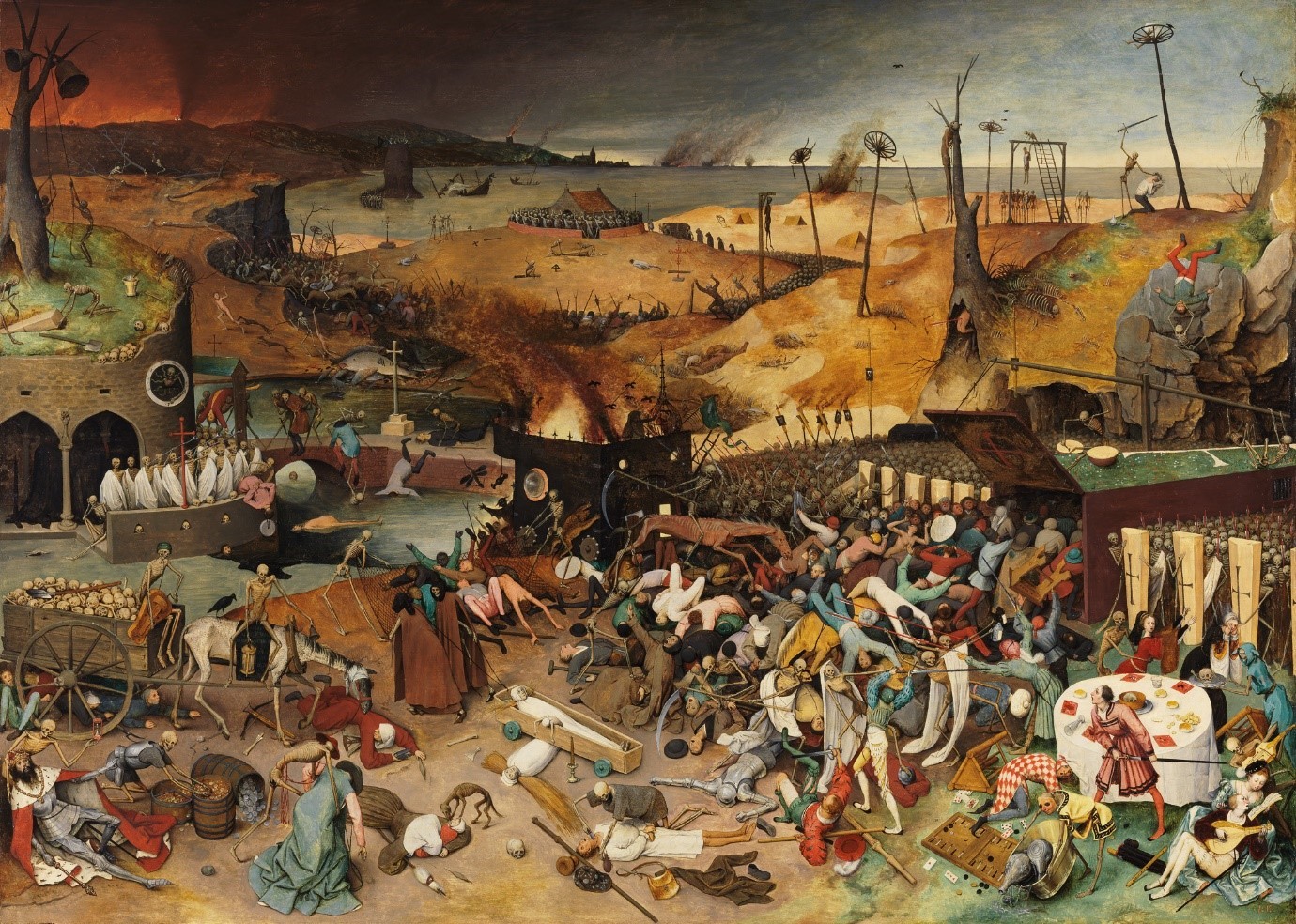Thank you, Mohammed Ajmi, for this timely question.
In many respects, our societies are safer than the ones in which our ancestors lived. At the same time, however, it could be argued that humanity has never been so under threat as it is now. Think of the existence of weapons of mass destruction (especially when they end up in the hands of terrorist groups), the possibility of nuclear wars, the reality of climate change and environmental degradation, and the emergence of infectious diseases for which there are no cures (yet) and which can now spread rapidly around the globe – Covid-19 being a case in point. These examples clearly show that many of the crises humanity faces are, in fact, caused by humanity itself. Without us, there would be neither pollution nor war. The world we have created is a scary place, and humanity seems in a constant struggle for its own survival. But why? Why do we do this to ourselves?
Philosophers Ingmar Persson and Julian Savulescu argue that the reason humanity is unable to solve these so-called “mega-problems” is that we simply lack the capacity to do so. For many thousands of years, human beings have lived in close-knit communities, with very primitive technology that allowed them to affect only their immediate environment. While our science and technology have developed significantly in the last few centuries (a relatively short period of time on an evolutionary scale), our psychological and moral makeup still reflect our ancestors’ reality, preventing us from dealing adequately with the problems that our scientific and technological advancements create. More specifically, Persson and Savulescu argue that human beings lack the altruistic motivation to act for the benefit of humanity as a whole, including future generations. Our moral concern extends only to those near us – our close-knit community – and is rather myopic. This is why we are unable to deal with mega-problems: we are not motivated enough to do so. Persson and Savulescu’s proposed solution to the issue is moral bioenhancement. What does that mean? It means that human beings should enhance their moral makeup through the use of biotechnology, such as drug treatment and genetic engineering. This proposal seems quite extreme (if not outright sinister), but Persson and Savulescu maintain that the threats we face are so severe that no other solution is available to us. Education, too, is a form of moral enhancement; but it would take us too long to educate ourselves to become more altruistic and empathetic via traditional means, while the problems we face cannot wait.
Thought-provoking as it is, this proposal faces some issues of its own. How can we expect human beings, morally limited as they are, to seek and apply moral enhancement to themselves? Aren’t Persson and Savulescu too optimistic in thinking that administering morally-enhancing drugs (they mention oxytocin and serotonin) would be enough to make us better at solving the crises we face? And what about individual freedom? Shouldn’t we be able to make decisions free from external intervention and act morally of our own accord? I suppose these are my questions for you.
What do you think? Can we solve such mega-problems? Let us know in the comments.
And, as always, if you have a question for the Armchair Philosophers, don’t hesitate to get in touch. You could send us a message or fill in this form.
Image: The Triumph of Death, by Pieter Bruegel the Elder (c. 1562)
I did a BA in Philosophy at the University of Bologna, followed by an MA, MPhilStud and PhD at Birkbeck, University of London. I currently work at Birkbeck and King’s College as a teaching assistant, delivering seminars to CertHE, BA and MA students. My areas of expertise are political philosophy, ethics and gender. I am also interested in business ethics, ethics of science and technology, applied ethics and politics, and the history of political thought. My research focusses on liberal multiculturalism, autonomy and vulnerability. I am fascinated by the idea of freedom, its history, and its recent developments in political theory.

